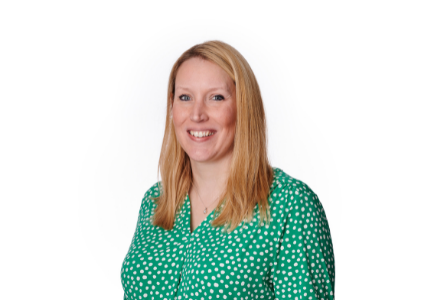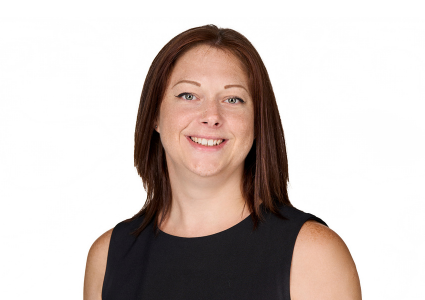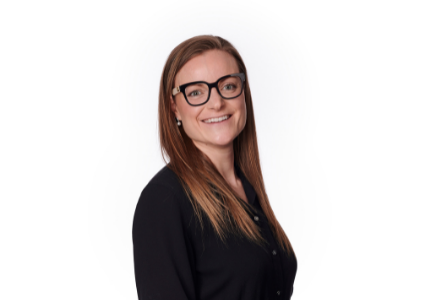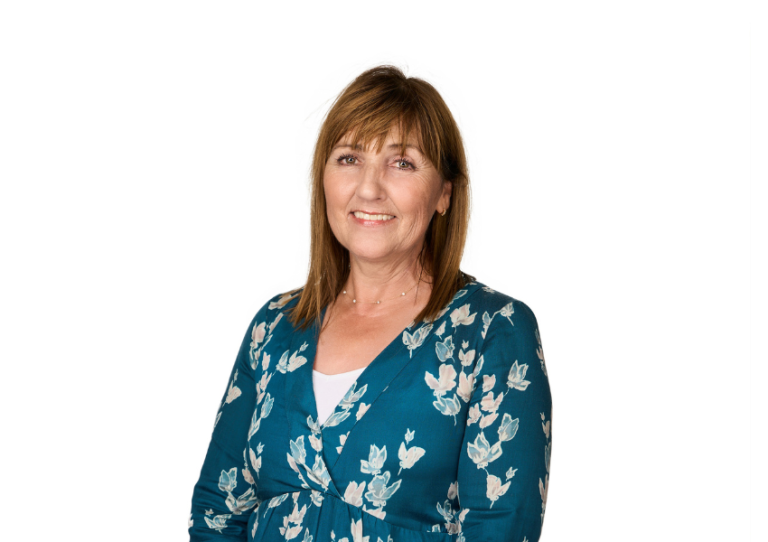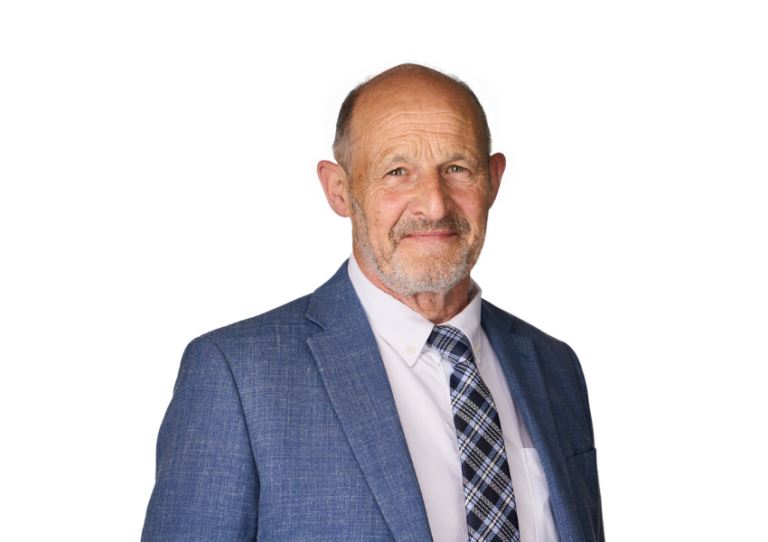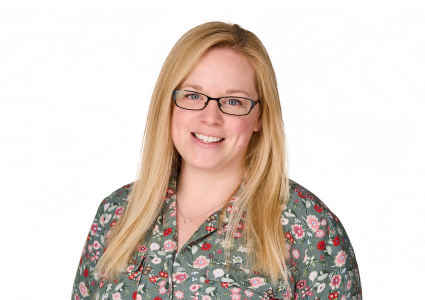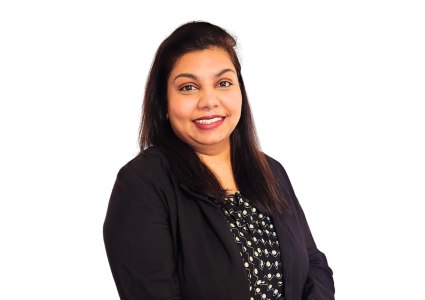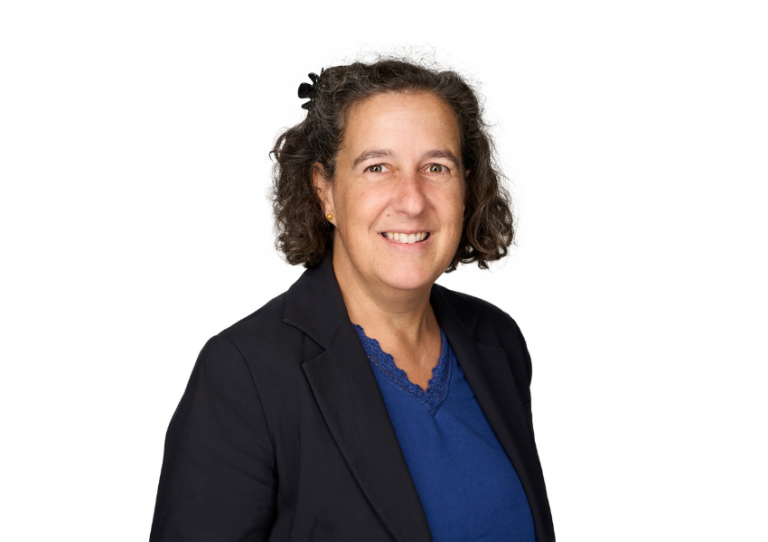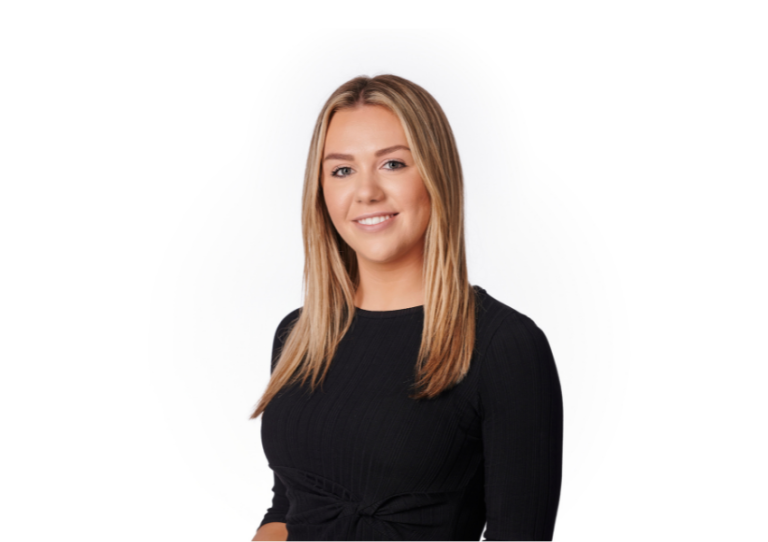We are here to ensure that your sale and purchase proceeds as smoothly as possible and, crucially, that you understand what’s happening at every stage. So, if at any time you have a question, please do ask us. Here are some conveyancing FAQs.Contact our conveyancing solicitors on 01225 755656, or complete the Contact Form at the foot of this page.Conveyancing quotes are also available online. |
Conveyancing FAQs
Q: When should I first contact a conveyancing solicitor?
You should contact us as soon as you decide to sell your home or start looking for a house to buy. If you are buying, we can provide initial advice on matters such as joint ownership and finance, but you will not incur any fees until you ask us to start work once you have an accepted offer.
See: Sellers – the importance of instructing your solicitor early
Q: How much will the conveyancing cost?
We can give you a written estimate of the legal costs of your sale and/or purchase – request a conveyancing quote online.
In addition to your legal fees, you should also budget for Stamp Duty Land Tax, Land Registry fees and of course, the estate agent’s commission. We will provide you with details of as many of these additional costs as possible.
Q: What if I do not want any searches carried out?
The main search carried out is at the local authority. It reveals matters relating to planning, building regulation approval, the status of adjoining roads and details of any notices served by the Council. We are required to carry out this search if you are obtaining a mortgage. If you are a cash buyer, the decision is yours but we strongly recommend a search.
See: What are conveyancing searches?
Q: Can I withdraw once I have agreed to buy a house?
Neither party is under any legal obligation to proceed until contracts are exchanged. However, once exchange takes place, the transaction – including the agreed price and completion date – becomes binding. If you fail to complete, you will lose your deposit. You may also be liable to pay compensation to the seller.
Q: Do I have to pay a deposit before I complete my purchase?
If you do not have a related sale, you will have to pay a deposit, usually 10% of the purchase price. However, if you borrow more than 90% of the purchase price, the seller will usually accept a smaller deposit. If you are selling and buying, it’s usual for the deposit being paid by the buyer at the bottom of the chain to be acceptable to all the sellers in the chain. However, you may need to pay the balance between that amount and 10% of your purchase price.
Q: When should I arrange my building insurance?
The general rule is that the risk passes to the buyer on exchange of contracts. Therefore, you should arrange your insurance cover from then. The only exceptions to this are:
- for leasehold property, where in most cases the landlord is responsible for insurance; or
- for property in the course of construction from a builder, in which case the builder insures the property until completion.
We will advise you on any specific requirement to insure specified by your mortgage lender.
Q: When do I pay the legal fees and expenses?
A sum on account is required at the outset to cover the cost of searches. For buyers, the balance of our fees is requested between exchange of contracts and completion. For sellers, our fees and expenses are usually deducted from your sale proceeds.
Q: I am buying a new house. What protection does an NHBC guarantee give?
If a major defect appears within two years, the builder must carry out remedial work at its own cost. If it fails to do so or has gone out of business, the responsibility passes to the NHBC. Between 3 and 10 years, the guarantee is more limited. The availability of an NHBC certificate gives you the comfort of knowing that the NHBC has approved the builder and they will monitor the construction works.
See: New build conveyancing: a guide
Q: Will the result of a local authority search give details of any adjoining development?
No. The results of a local search only reveal matters affecting the specific property. But if requested, we can conduct a more detailed search of the surrounding area for an additional fee.
Q: How long will the conveyancing take?
The time between having your offer accepted and collecting the keys depends on several factors. Whilst we aim to complete between 8 and 10 weeks from the time you instruct us, this will depend on:
- the length of the chain and how long all the parties take to ready themselves for exchange. With a short chain – or no chain at all – exchange of contracts can take place within 4 weeks. Much depends on whether a party experiences a delay in receiving a mortgage offer.
- whether there are any complications in your sale or purchase or elsewhere in the chain. For example, the sale and purchase of a leasehold property can take longer because of the additional information required from the freeholder.
- how proactive and responsive other conveyancers in the chain are. We pride ourselves on driving a sale or purchase as quickly as possible, but not all conveyancing firms are the same.

